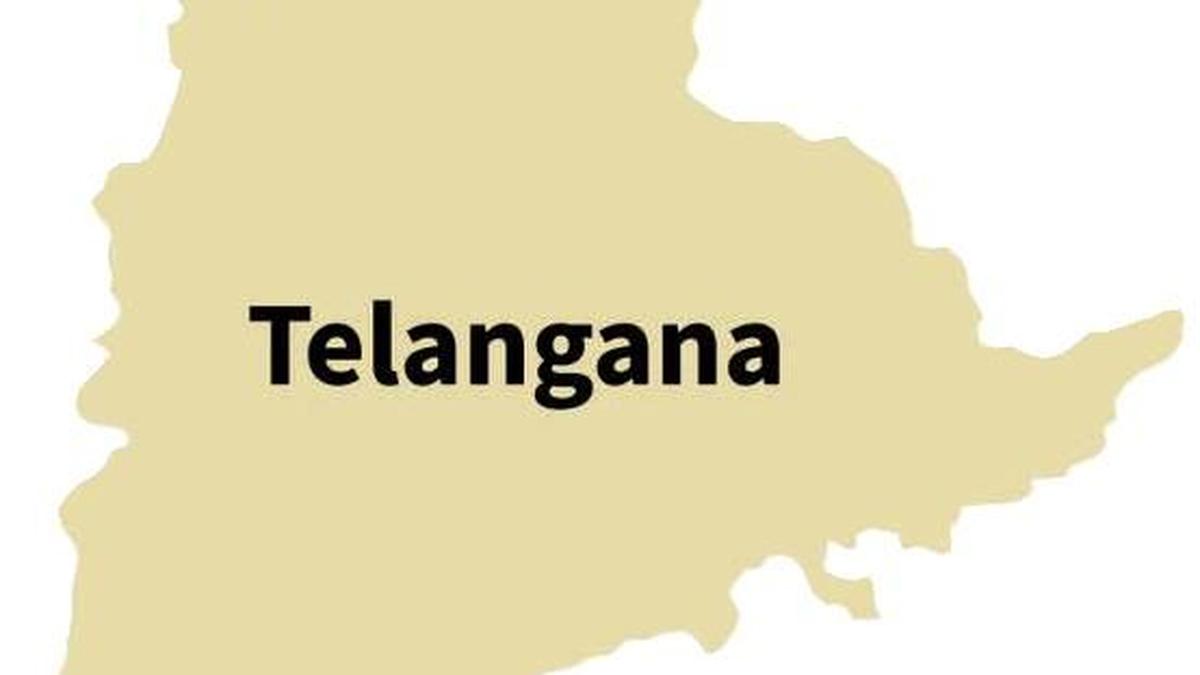A fresh row has erupted between Telangana and Andhra Pradesh over the Polavaram-Banakacherla Link Project. The project, which will divert 200 tmc ft of Godavari water to the Krishna and Penna basins, aims to provide drinking and irrigation water to the drought-hit Rayalaseema region of Andhra Pradesh.
The Andhra Pradesh government has already submitted the pre-feasibility report on the project to the Central Water Commission (CWC). The CWC has now asked the State to now furnish a detailed project report (DPR).
In addition, the Centre has offered to fund 50% of the total cost of the project, which is an estimated ₹80,000 crore, as part of the interlinking of rivers; the remaining will be financed through borrowing beyond the Fiscal Responsibility and Budget Management (FRBM) limits. This has upset Telangana as the Centre had reduced the State’s borrowing limits under the FRBM Act citing the State’s off-budget borrowings to complete the Kaleshwaram project on time.
Both the Congress, which is in power in Telangana, and the Bharat Rashtra Samithi (BRS), which is in the Opposition, believe that the project violates the State’s riparian rights regarding Godavari waters as well as the provisions of Andhra Pradesh Reorganisation Act, 2014.
But the two parties are also busy blaming each other for “allowing” Andhra Pradesh to plan the project. The other significant Opposition party in the State — the Bharatiya Janata Party (BJP) — has remained largely silent. This is possibly because the BJP government at the Centre has the support of the Telugu Desam Party, the ruling party of Andhra Pradesh. This, the Telangana government believes, has given the Andhra Pradesh government the advantage of getting things done with quick approvals from the Centre.
Chief Minister A. Revanth Reddy and Minister for Irrigation N. Uttam Kumar Reddy squarely blamed the previous BRS government for Andhra Pradesh’s decision to take up the Godavari diversion project. They cited the first apex council meeting of September 21, 2016, as evidence. That was when the then Chief Minister, K. Chandrasekhar Rao, had stated that 3,000 tmc ft of Godavari water discharges into the sea on average annually and could instead be utilised if there was an “understanding” between the two States.
The BRS objected to this argument saying Mr. Rao had also “raised objections over the diversion of water from the Godavari to the Krishna without prior consultation of Telangana” during the same apex council meeting.
Former Minister for Irrigation, T. Harish Rao, said that the Congress is deliberately misleading the people. He alleged that Andhra Pradesh was conspiring to divert Godavari waters to claim rights on it in the future by seeking re-allocation of water by the Godavari Water Disputes Tribunal. He termed the Congress government’s “soft approach” to the project as a “mortgaging of Telangana’s water rights” and said that this was “Mr. Revanth Reddy’s ‘gurudakshina’ to his political mentor N. Chandrababu Naidu”. Mr. Rao said that just as the late Y.S. Rajasekhara Reddy had diverted Krishna waters from Srisailam to the non-basin (Penna) areas by expanding the Pothireddypadu Head Regulator, now Andhra Pradesh Chief Minister Chandrababu Naidu was diverting Godavari waters at the cost of Telangana’s riparian rights.
Mr. Naidu emphasised that the project is essential. Arguing that the Godavari has ample surplus water, he asked why Telangana should object to the use of water that was anyway flowing into the sea. The BRS in turn demanded to know why the Andhra Pradesh government had objected to the Kaleshwaram project if ample water was indeed available in the Godavari.
The President of the Telangana Retired Engineers’ Association, M. Shyamprasad Reddy, suggested that the Centre carry out the appraisal of the Polavaram-Banakacherla Link Project only after protecting the rights of the people of Telangana by giving permissions/clearances/approvals to all the ongoing and contemplated projects in the Godavari basin. The former chief engineer also suggested that the Centre additionally allocate more than 200 tmc ft of water in the Krishna basin in lieu of the diversion of Godavari water to other basins.
Water-sharing is a sensitive issue and is linked to the economy and regional sentiments. The Centre would do well to be as unbiased as possible when dealing with inter-State water disputes.
Published – June 25, 2025 01:35 am IST
